The untapped influence of quality backlinks on SEO
The world of backlinks had a wake-up call with the rapid rise of AI-powered search. Backlinks play a significant role in SEO and understanding just how they work is a major advantage in today’s crowded digital landscape.
At its core, link building is the practice of acquiring hyperlinks from other websites that direct traffic to your own. Search engines, particularly Google, view these backlinks as endorsements of a website’s credibility and authority. The more authoritative the linking site, the more valuable that link becomes in Google’s eyes. As a result, a well-built backlink profile can lead to improved rankings in organic search results.
Google’s trust signals
Google sees backlinks as a vote of confidence. When multiple high-authority websites link to a specific page, Google interprets this as a sign of trustworthiness. Consider a site like bbc.co.uk which has backlinks from over a million domains, including reputable sites such as microsoft.com, and britannica.com. These endorsements play a huge role in the BBC’s high ranking across search results. Google’s algorithm gives significant weight to these backlinks when determining where the site should appear in relevant queries.
Yes Google considers many other ranking factors but a recent Semrush study shows that 8 of the top 20 ranking factors relate to backlinks. So, it’s worth getting it right!
Not all backlinks are created equal
Some backlinks can have a significant positive impact on SEO, while others might not move the needle at all—or worse, harm a site’s rankings (think toxic backlinks).
In fact, Google’s spam update in March 2024 strengthened its backlink policy by cracking down on manipulative link-building tactics. Practices such as using expired domains for SEO gain, mass-publishing low-value content with backlinks, and hosting third-party link-stuffed content on trusted sites are now flagged as spam. Google has also improved its detection of paid links and irrelevant backlinks.
The key to mastering backlinking in 2025 requires a focus on earning natural, high-quality backlinks that serve real value to search engines and users.
The building blocks of a strong backlink profile
Understanding what makes a backlink valuable is key to building a strong link profile and improving a website’s authority. So, let’s break down the main factors affecting a backlink’s value:
- Authority – links from authoritative sites usually have more SEO impact. Authoritativeness is based on factors such as the quality and quantity of a site’s backlinks, number of estimated monthly unpaid visits from search engines, and how spam-free a site’s backlink profile seems
- Link placement – links placed more prominently on a page can have greater value. Links in sidebars or footers for instance, tend to be overlooked in comparison to those in the main body content
- Anchor text – backlinks with descriptive clickable text (the anchor text) can help search engines understand what the linked page is about and what kind of keywords the linked page should possibly rank for. For example, anchor text link such as “AI-powered software” is more useful than “click here”
- Relevance – backlinks carry more weight when they come from sites in a similar niche as they signal a link is well-respected by experts in the field. A ‘looking after plants’ blog on a gardening website that contains a link to an AI software business for instance would likely have minimal SEO benefit because the site and topic are irrelevant
We now have a much clearer picture of what can make or break the value of a backlink. Time to get to work on link building! So, what are some of the best methods to stand out from the crowd?
1. Become the go-to source for quality content
We’ve said it before but we’ll say it again, when it comes to generating quality backlinks the number 1 tactic is to become a go-to source for journalists. Placing earned media content in target publications not only has the brand awareness benefit but embed backlinks into the content and you are providing a clear route for your website to be visited by a highly relevant audience.
2. Create link magnets
In addition to actively placing earned media in publications, focus on creating high-quality content that attracts backlinks naturally. Think visual assets such as infographics, webinars, or original research such as industry studies and surveys. When picked up by credible sources in your niche industry, not only do you get the instant route to your website, but Google considers backlinks on these authoritative domains when ranking your own site in its organic search results.
3. Turn 404s into SEO wins
Broken links or ‘404 errors’ are more than just a minor inconvenience. If not addressed, they can harm a website’s SEO performance and potentially decrease the site’s ranking in Google search results. When Google’s web crawlers discover too many broken links, they might perceive a site as neglected or outdated, which compromises its overall authority. Every link on a website disperses link equity so when a link points to a non-existent page, this potential SEO boost is wasted and can lower a website’s ranking factor on the SERPS.
But how does this relate to backlinks? It sounds simple but make sure that any embedded backlinks in your content redirects traffic to an error-free page. Credible websites (and journalists) won’t want to take the risk of running content that includes spammy or defunct links. So it’s always worth double checking that your backlinks haven’t been compromised!
SEO’s secret ‘link’ to better rankings
Think of a strong backlink profile as an investment in your long-term SEO success. Quality backlinks not only enhance a site’s authority and visibility but help build trust with search engines and media contacts. Earning high-quality and relevant backlinks can be the key to ranking at the top of AI-powered searches and that means staying ahead of the competition.
Hannah Watson is PR Lead – Analytics at IBA International.


